 Consciousness: it’s all theology in the end. Or philosophy, if the distinction matters. Beyond a certain point it is, at any rate; when we start asking about the nature of consciousness, about what it really is. That, in bald summary, seems to be the view of Robert A. Burton in a resigned Nautilus piece. Burton is a neurologist, and he describes how Wilder Penfield first provided really hard and detailed evidence of close, specific correlations between neural and mental events, by showing that direct stimulation of neurons could evoke all kinds of memories, feelings, and other vivid mental experiences. Yet even Penfield, at the close of his career did not think the mind, the spirit of man, could yet be fully explained by science, or would be any time soon; in the end we each had to adopt personal assumptions or beliefs about that.
Consciousness: it’s all theology in the end. Or philosophy, if the distinction matters. Beyond a certain point it is, at any rate; when we start asking about the nature of consciousness, about what it really is. That, in bald summary, seems to be the view of Robert A. Burton in a resigned Nautilus piece. Burton is a neurologist, and he describes how Wilder Penfield first provided really hard and detailed evidence of close, specific correlations between neural and mental events, by showing that direct stimulation of neurons could evoke all kinds of memories, feelings, and other vivid mental experiences. Yet even Penfield, at the close of his career did not think the mind, the spirit of man, could yet be fully explained by science, or would be any time soon; in the end we each had to adopt personal assumptions or beliefs about that.
That is more or less the conclusion Burton has come to. Of course he understands the great achievements of neuroscience, but in the end the Hard Problem, which he seems to interpret rather widely, defeats analysis and remains a matter for theology or philosophy, in which we merely adopt the outlook most congenial to us. You may feel that’s a little dismissive in relation to both fields, but I suppose we see his point. It will be no surprise that Burton dislikes Dennett’s sceptical outlook and dismissal of religion. He accuses him of falling into a certain circularity: Dennett claims consciousness is an illusion, but illusions, after all, require consciousness.
We can’t, of course, dismiss the issues of consciousness and selfhood as completely irrelevant to normal life; they bear directly on such matters as personal responsibility, moral rights, and who should be kept alive. But I think Burton could well argue that the way we deal with these issues in practice tends to vindicate his outlook; what we often see when these things are debated is a clash between differing sets of assumptions rather than a skilful forensic duel of competing reasoning.
Another line of argument that would tend to support Burton is the one that says worries about consciousness are largely confined to modern Western culture. I don’t know enough for my own opinion to be worth anything, but I’ve been told that in classical Indian and Chinese thought the issue of consciousness just never really arises, although both traditions have long and complex philosophical traditions. Indeed, much the same could be said about Ancient Greek philosophy, I think; there’s a good deal of philosophy of mind, but consciousness as we know it just doesn’t really present itself as a puzzle. Socrates never professed ignorance about what consciousness was.
A common view would be that it’s only after Descartes that the issue as we know it starts to take shape, because of his dualism; a distinction between body and spirit that certainly has its roots in the theological (and philosophical) traditions of Western Christianity. I myself would argue that the modern topic of consciousness didn’t really take shape until Turing raised the real possibility of digital computers; consciousness was recruited to play the role of the thing computers haven’t got, and our views on it have been shaped by that perspective over the last fifty years in particular. I’ve argued before that although Locke gives what might be the first recognisable version of the Hard Problem, with an inverted spectrum thought experiment, he actually doesn’t care about it much and only mentions it as a secondary argument about matters that to him, seemed more important.
I think it is true in some respects that as William James said, consciousness is the last remnant of the vanishing soul. Certainly, when people deny the reality of the self, it often seems to me that their main purpose is to deny the reality of the soul. But I still believe that Burton’s view cedes too much to relativism – as I think Fodor once said, I hate relativism. We got into this business – even the theologians – because we wanted the truth, and we’re not going to be fobbed off with that stuff! Scientists may become impatient when no agreed answer is forthcoming after a couple of centuries, but I cling to the idea that there is a truth if the matter about personhood, freedom, and consciousness. I recognise that there is in this, ironically, a tinge of an act of faith, but I don’t care.
Unfortunately, as always things are probably more complicated than that. Could freedom of the will, say, be a culturally relative matter? All my instincts say no, but if people don’t believe themselves to be free, doesn’t that in fact impose some limits on how free they really are? If I absolutely do not believe I’m able to touch the sacred statue, then although the inability may be purely psychological, couldn’t it be real? It seems there are at least some fuzzy edges. Could I abolish myself by ceasing to believe in my own existence? In a way you could say that is in caricature form what Buddhists believe (though they think that correctly understood, my existence was a delusion anyway). That’s too much for me, and not only because of the sort of circularity mentioned above; I think it’s much too pessimistic to give up on a good objective accounts of agency and selfhood.
There may never be a single clear answer that commands universal agreement on these issues, but then there has never been, and never will be, complete agreement about the correct form of human government; but we have surely come on a bit in the last thousand years. To abandon hope of similar gradual consensual progress on consciousness might be to neglect our civic duty. It follows that by reading and thinking about this, you are performing a humane and important task. Well done!
[Next week I return from a long holiday; I’ll leave you to judge whether I make more or less sense.]

 What is the moral significance of consciousness? Jim Davies addressed the question in a short but thoughtful
What is the moral significance of consciousness? Jim Davies addressed the question in a short but thoughtful  Where did consciousness come from? A recent
Where did consciousness come from? A recent 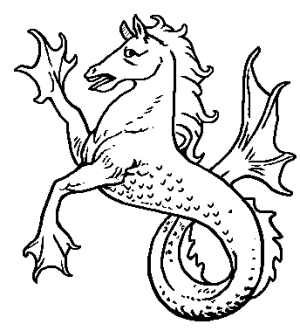 Matt Faw says subjective experience is caused by a simulation in the hippocampus – a bit like a holodeck. There’s a brief
Matt Faw says subjective experience is caused by a simulation in the hippocampus – a bit like a holodeck. There’s a brief 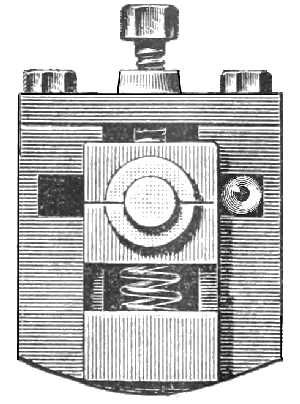 Do we need robots to be conscious? Ryota Kanai
Do we need robots to be conscious? Ryota Kanai 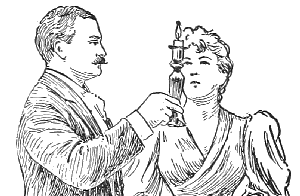 Maybe hypnosis is the right state of mind and ‘normal’ is really ‘under-hypnotised’?
Maybe hypnosis is the right state of mind and ‘normal’ is really ‘under-hypnotised’? What is it like to be a Singularity (or in a Singularity)?
What is it like to be a Singularity (or in a Singularity)?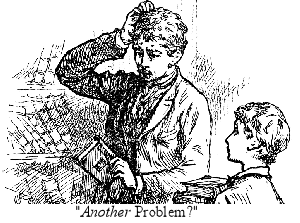 Is there a Hard Problem of physics that explains the Hard Problem of consciousness?
Is there a Hard Problem of physics that explains the Hard Problem of consciousness?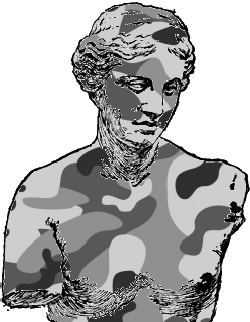 Does recent research into autism suggest real differences between male and female handling of consciousness?
Does recent research into autism suggest real differences between male and female handling of consciousness?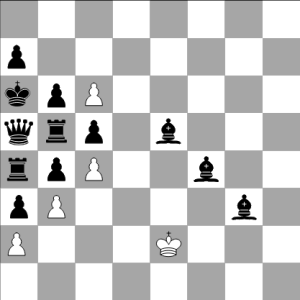 A somewhat enigmatic
A somewhat enigmatic